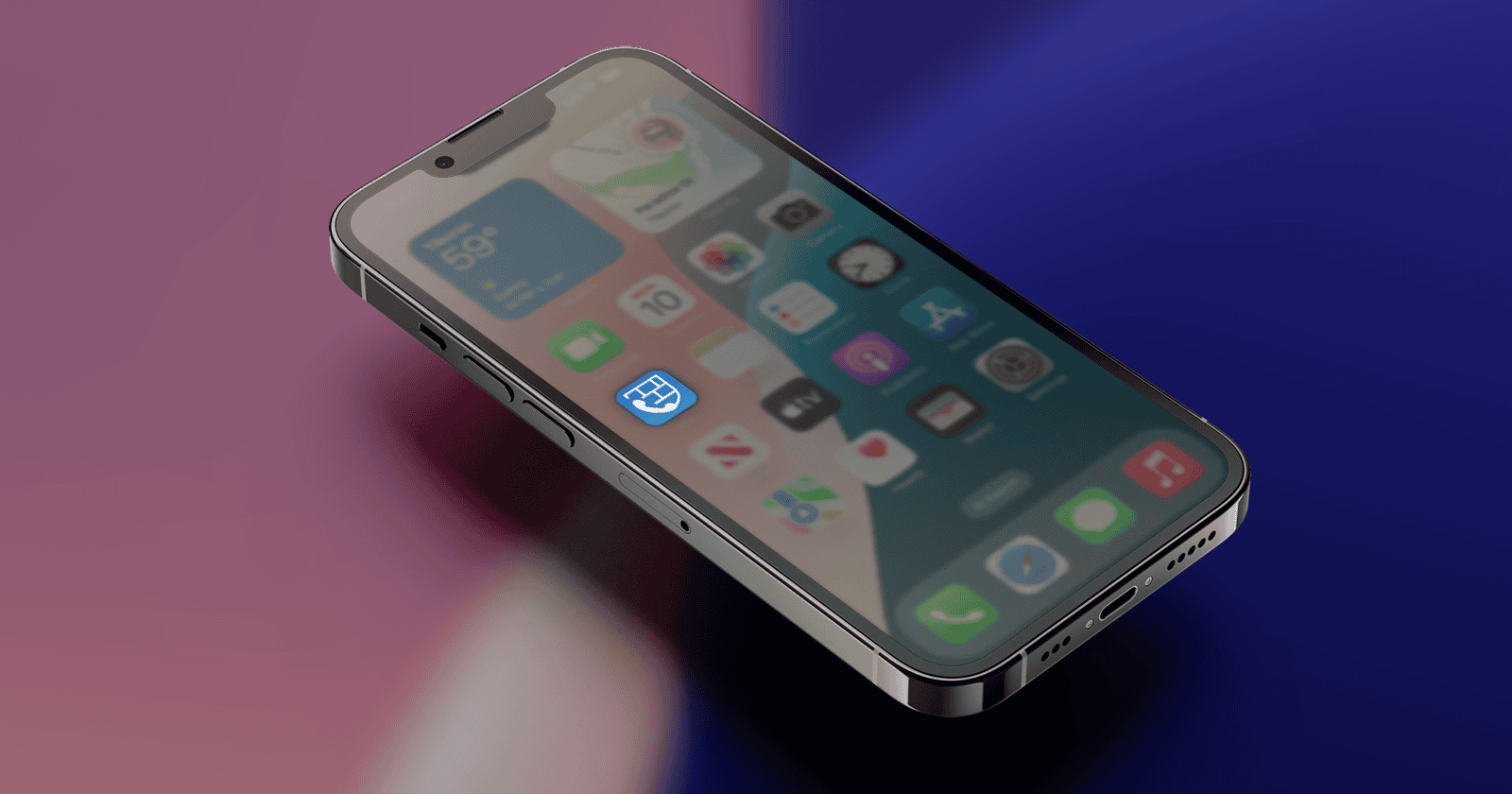A federal judge has denied a proposed class action lawsuit that accused Apple of using iPhone users’ cellular data without permission. The suit, filed in 2020, claimed iOS 13 transmitted data over mobile networks even when users had disabled cellular access for specific apps. For now, Apple avoids facing a broader legal challenge, but the case isn’t over.
Judge Rejects Class Certification, Case Proceeds Individually
U.S. District Judge Edward Davila ruled that the claims relied too heavily on facts specific to each user, making class certification inappropriate. This procedural decision gives Apple a temporary reprieve from a wider class action, but plaintiff Alasdair Turner is still allowed to move forward with individual claims.
The lawsuit alleges that iPhones running iOS 13 sent mobile data to Apple, mislabeled in settings as coming from “Uninstalled Apps.” Turner claims this happened even when Wi-Fi was available, leading to unwanted data use. In his case, the transmission pushed him past his 5GB Verizon limit, triggering a $15 charge.
The complaint accuses Apple of violating California’s consumer protection and computer fraud statutes. It also includes a trespass to chattels claim, a legal theory involving unauthorized interference with personal property.
Past iOS Data Issues Echo in Ongoing Legal Fight
According to AppleInsider, the court dismissed Turner’s request for an injunction and found parts of the fraud allegations lacking. However, Turner can amend the complaint to fix those issues and continue pursuing Apple over what he sees as unauthorized data use that cost him money.
The case draws comparisons to Apple’s earlier controversy over Wi-Fi Assist, a feature introduced in iOS 9 that automatically switched to mobile data when Wi-Fi was weak. That 2015 class action ended quietly, without a ruling on Apple’s liability.
As it stands, Turner now carries the burden of proof alone. Without class certification, he’ll need to establish that Apple’s software behavior caused direct harm to him and do it without the backing of a group claim. Apple has not responded publicly to the ongoing litigation.
